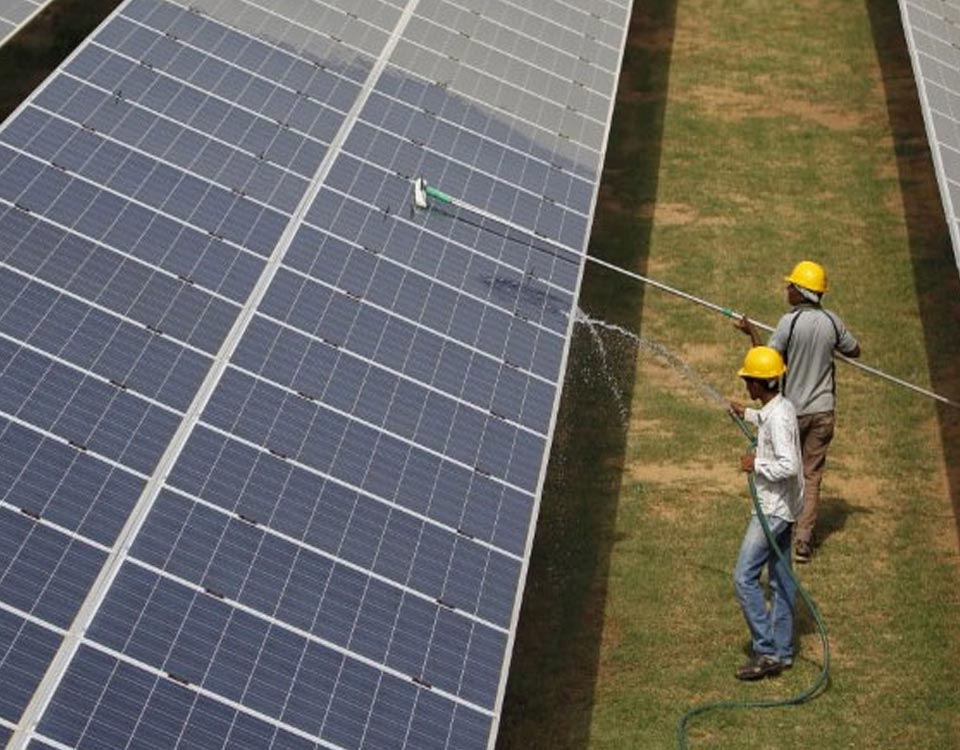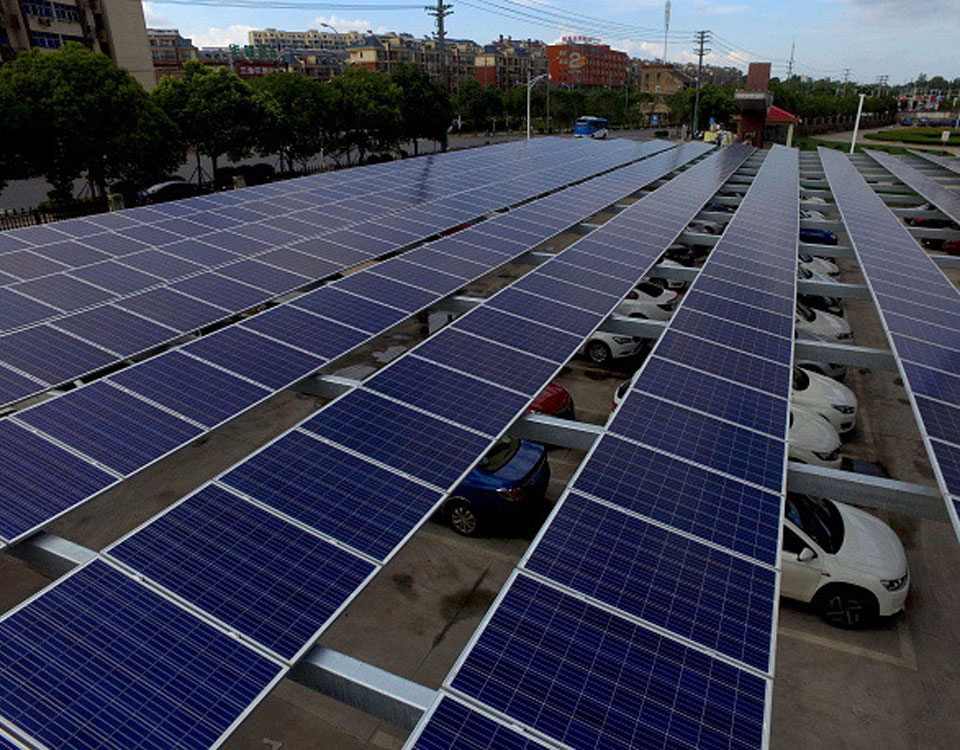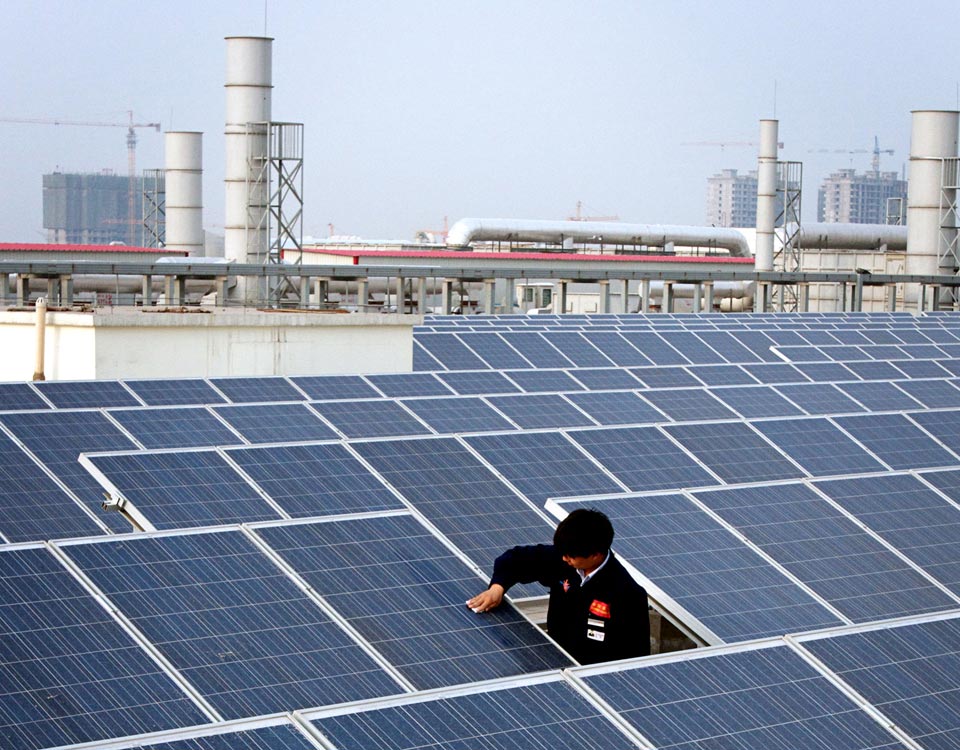- Welcome to Indian Solar Manufacturers Association (ISMA)
Solar Industry Seeks Clarity On Safeguard Duty
Mumbai: Concerned over future of the sunrise industry which is facing threat due to the proposed imposition of 70 per cent safeguard duty on import of solar power equipment, sector experts are expecting some breather from the Union Budget 2018-19.
Industry experts believe that the imposition will not only increase the tariff by almost Re 1 but it will put the projects under execution in deep trouble resulting in making them unviable, turning them into non-performing assets.
As per industry estimates, nearly 3000-4000 MW of solar projects worth over Rs. 15,000 crore are at high risk, especially when solar cells and modules that account for 60 per cent of the total project cost are either in transit or have been tied-up for.
"The sudden imposition of the duty will put a number of projects that are currently under various stages of development under risk in the near term. More than 10,000 MW of capacity is imported annually and this duty will adversely impact the project's viability," CleanMax Solar Managing Director Kuldeep Jain said.
According to Crisil, the projects auctioned in the year 2017 were bidded at low tariffs, so any rise in equipment cost after the safeguard duty would crimp the cushion that developers have to service debt.
"The proposed 70 per cent safeguard duty will also inflate project costs by 25 per cent and crank up viable tariff to Rs. 3.75 per unit from around Rs. 3 estimated earlier, making solar power less attractive to discoms. That would also be more than the average power purchase cost of 10 out of 14 discoms last fiscal," Crisil Ratings Senior Director Subodh Rai said.
Solar solutions provider Eastman Auto and Power Managing Director Shekhar Singal said the imports from countries like China, which is around 80 per cent, needs to be curbed, but it is important to see the projects are not affected due to the unreasonably high duty.
"The Central Board of Excise and Customs has sought to reclassify imported solar panels and modules in a category that attracts 7.5 per cent duty. Besides, various kinds of cess with the cost of a solar cell, around 30 cents at present, will go up to around 50 cents for Indian developers if 70 per cent safeguard duty is imposed. We do hope the forthcoming budget will address this issue," he added. According to Indian Electrical and Electronic Manufacturing Association (IEEMA), imposing safeguard duties in current form, which applies to manufacturers based in SEZ units, would be counter-productive and will lead to increase in cost of power without any positive impact on the domestic manufacturing industry.
"Under the Customs laws, SEZ units are considered to be outside Indian Customs territories and goods manufactured in SEZ, if sold in India, are considered to be exports under Customs laws. So the purpose of imposing the duty to protect domestic industry from goods which are being dumped at below market prices is yielding counterproductive results in the case domestic manufacturers situated on SEZs safeguard," it said.
Rating agency ICRA has also sought clarity on the import duty for PV modules, especially when the government is targetting 175 GW capacity by 2022.
Industry experts also believe that since most of the projects have achieved financial closure, with nearly 70 per cent of the cost being funded through debt, the high duty may lead to NPAs.




